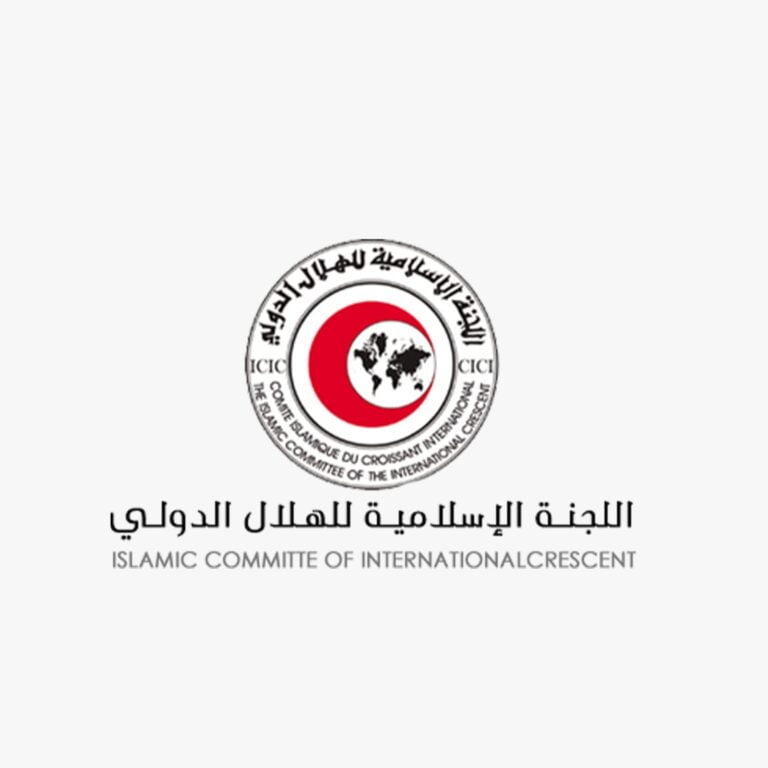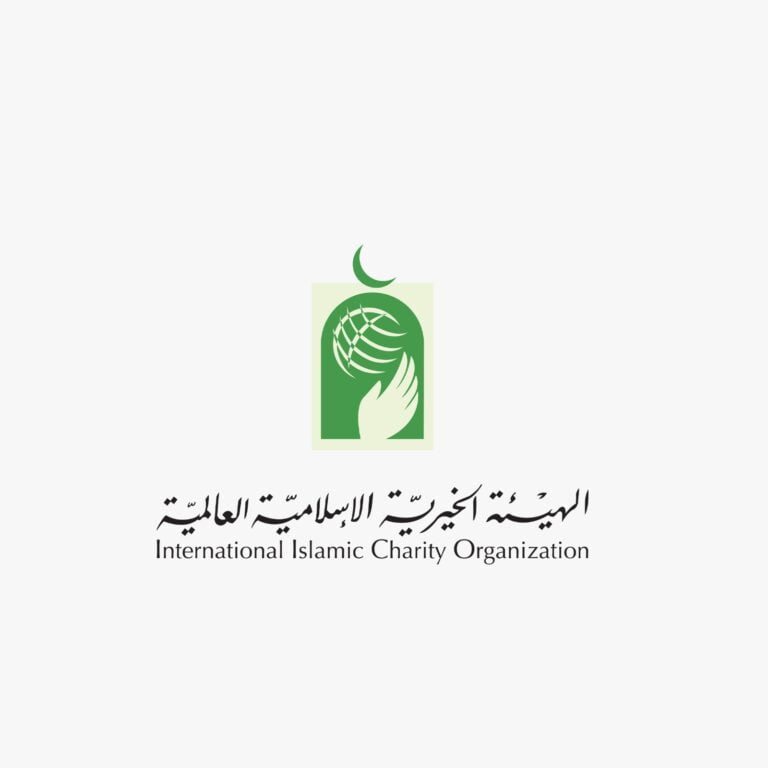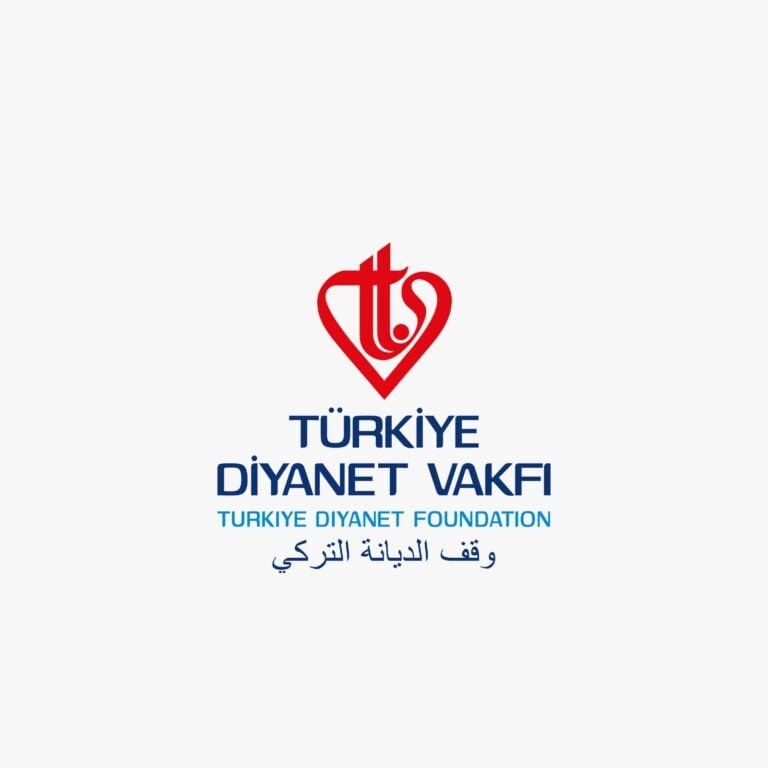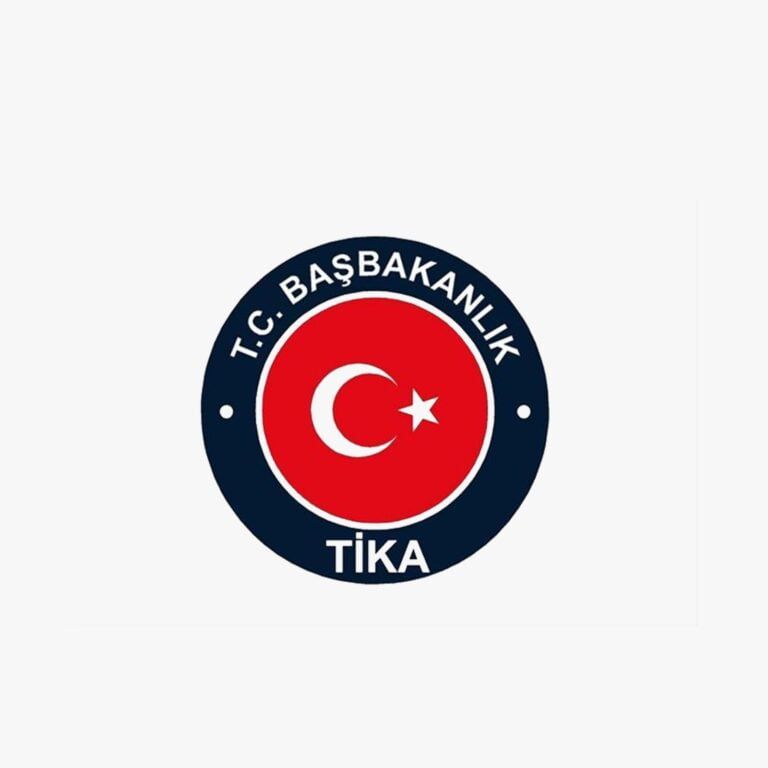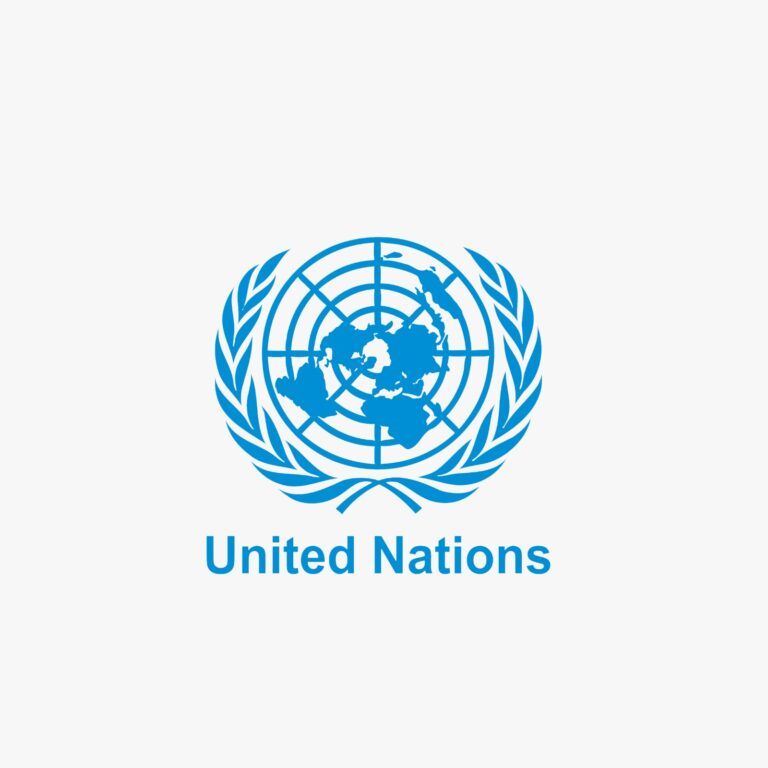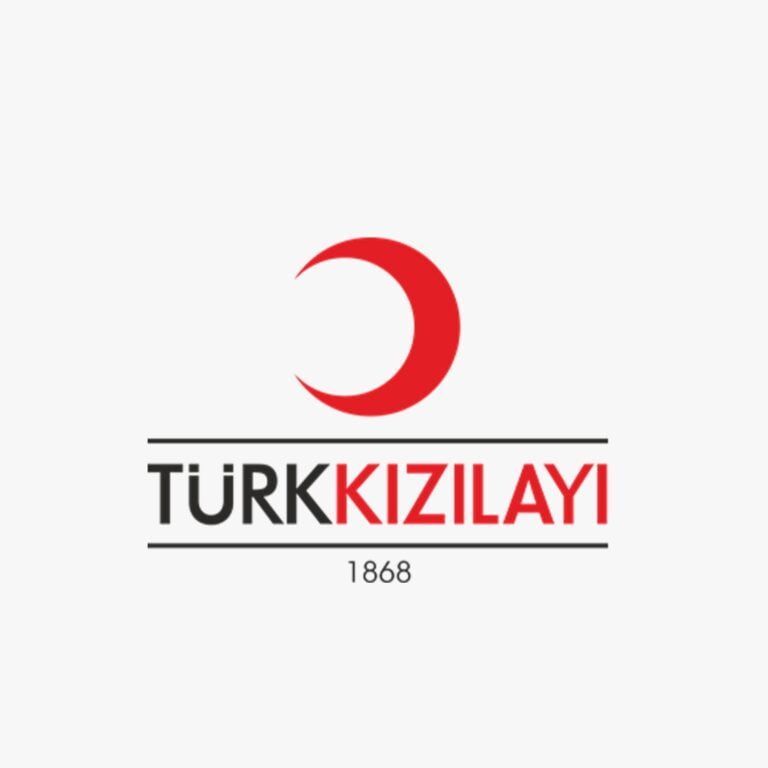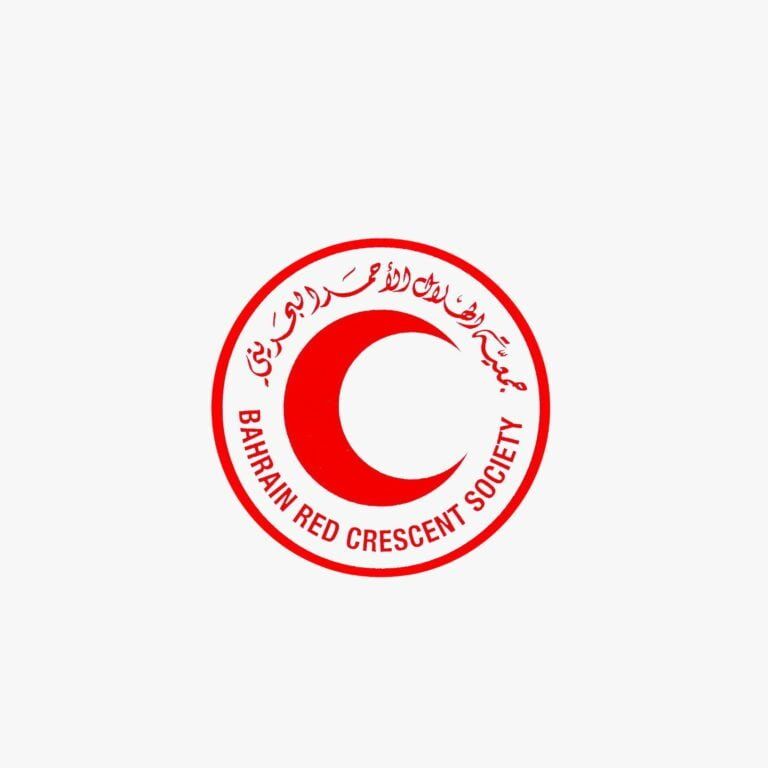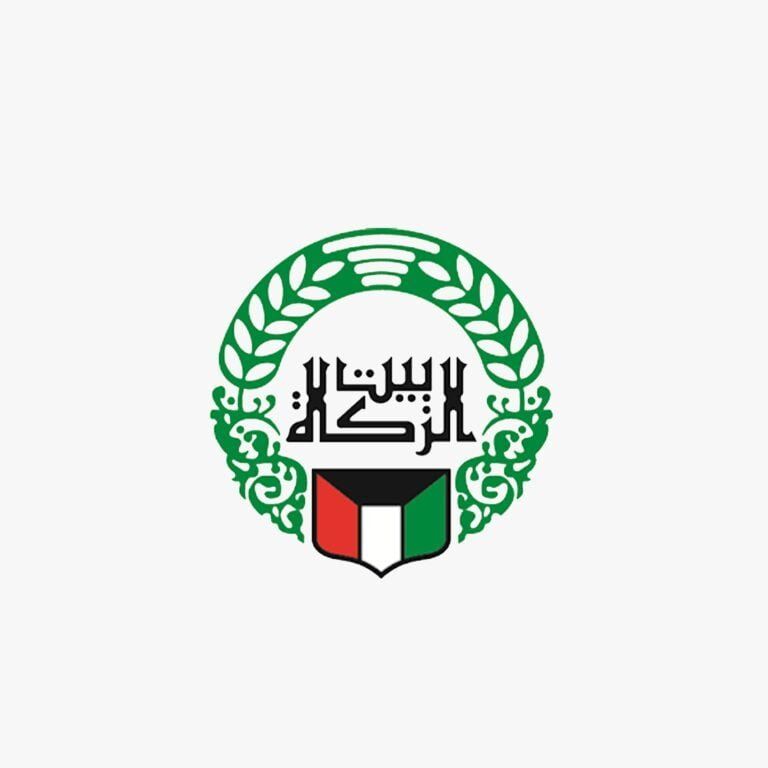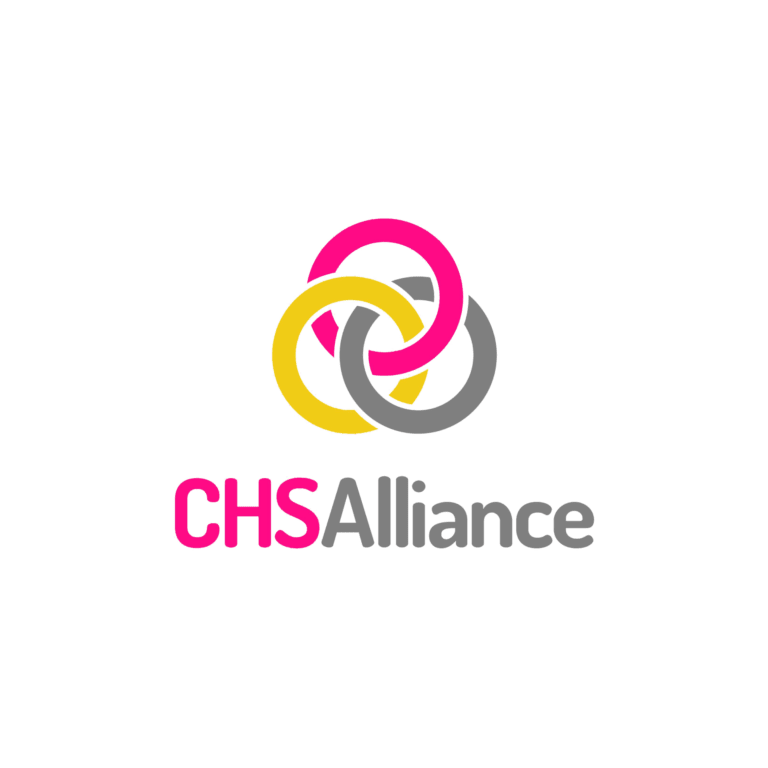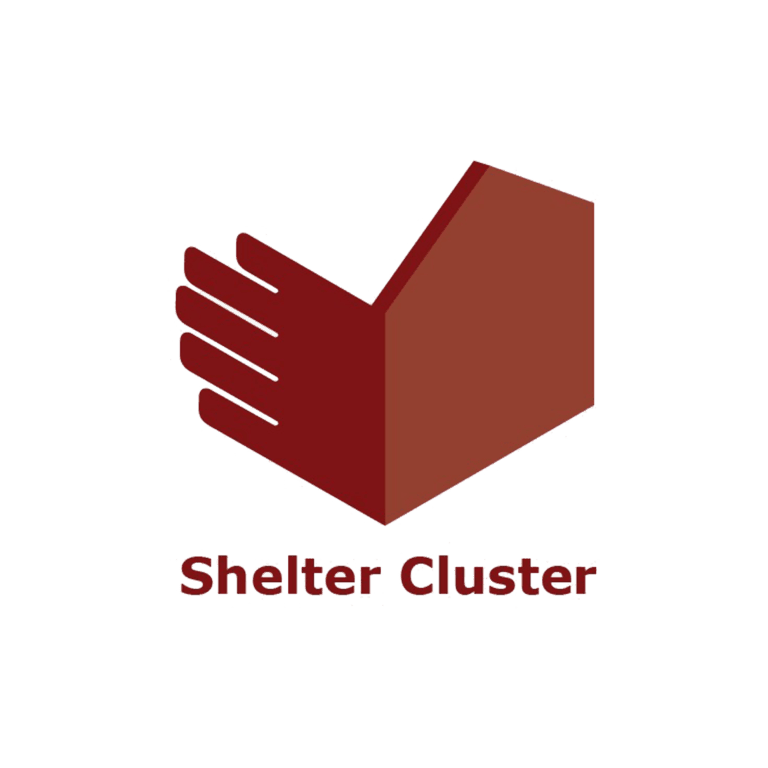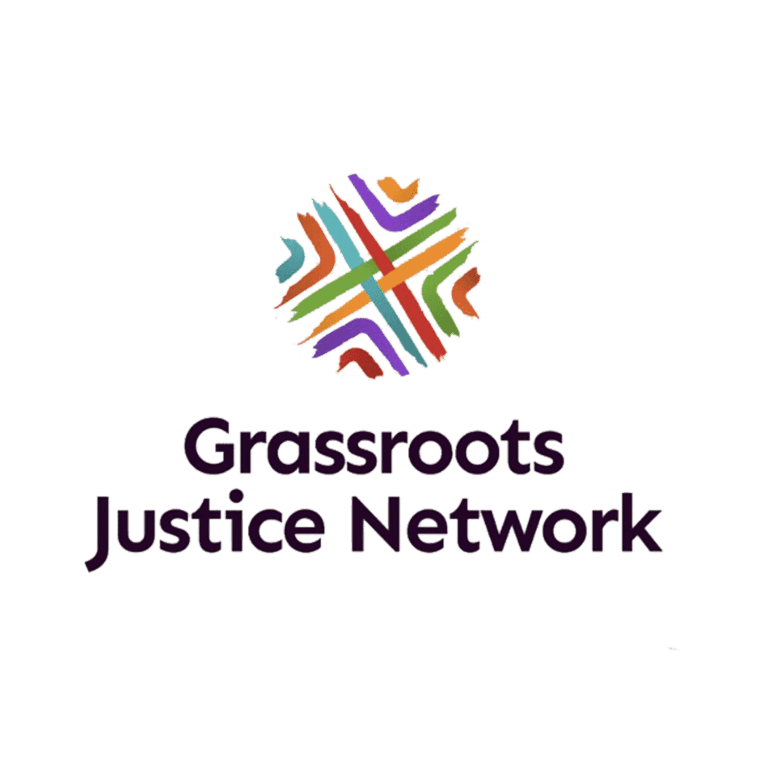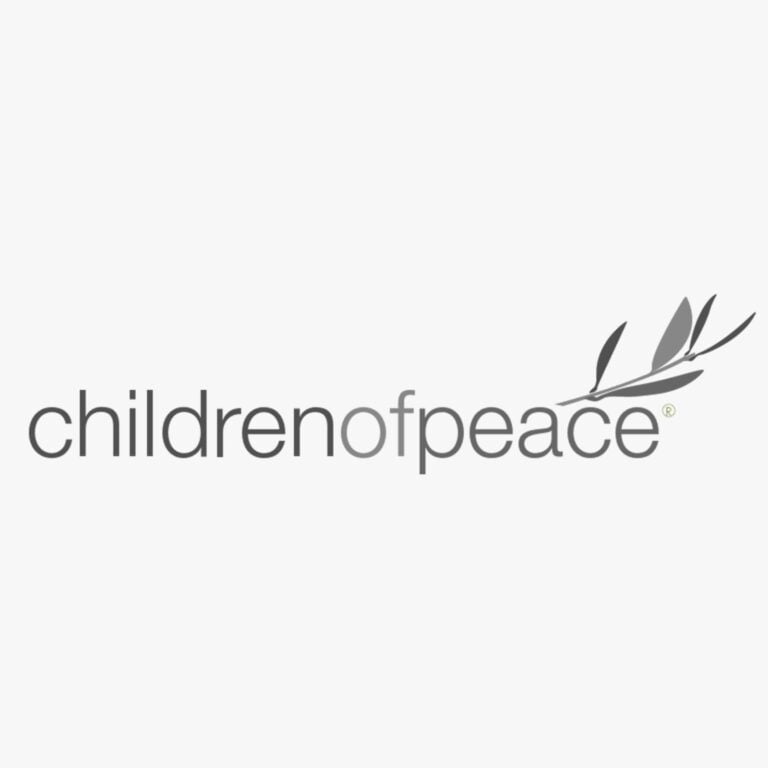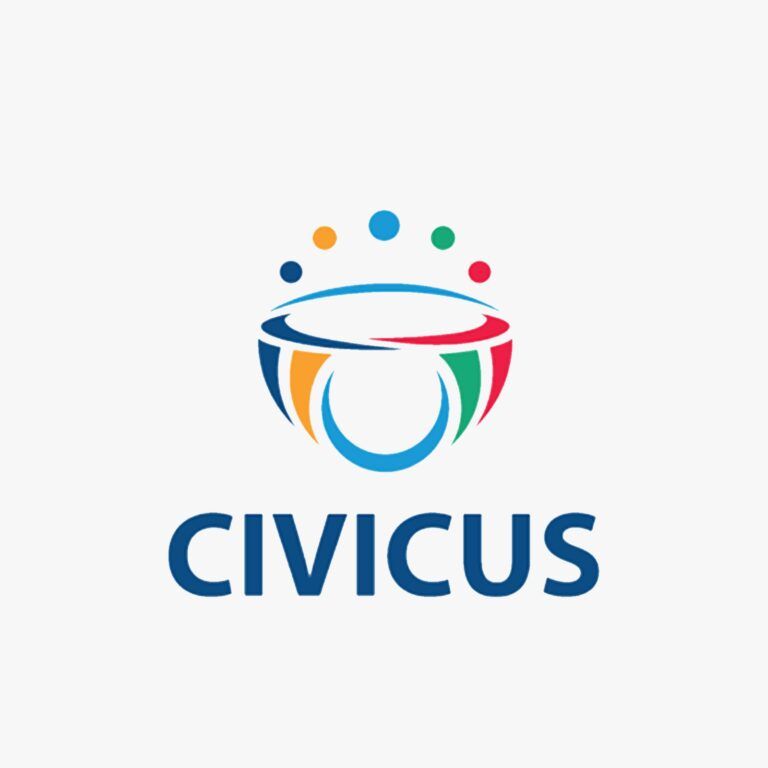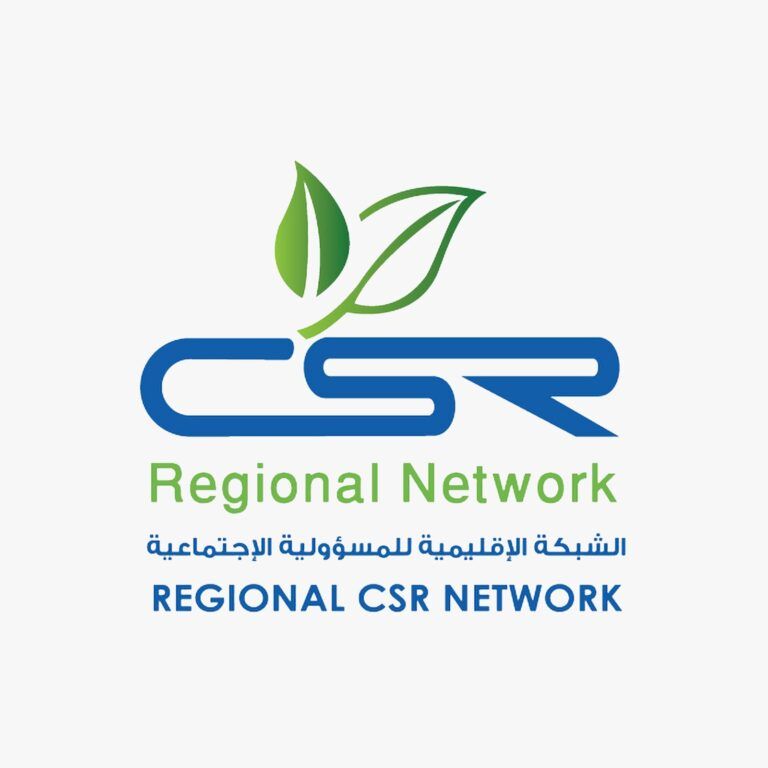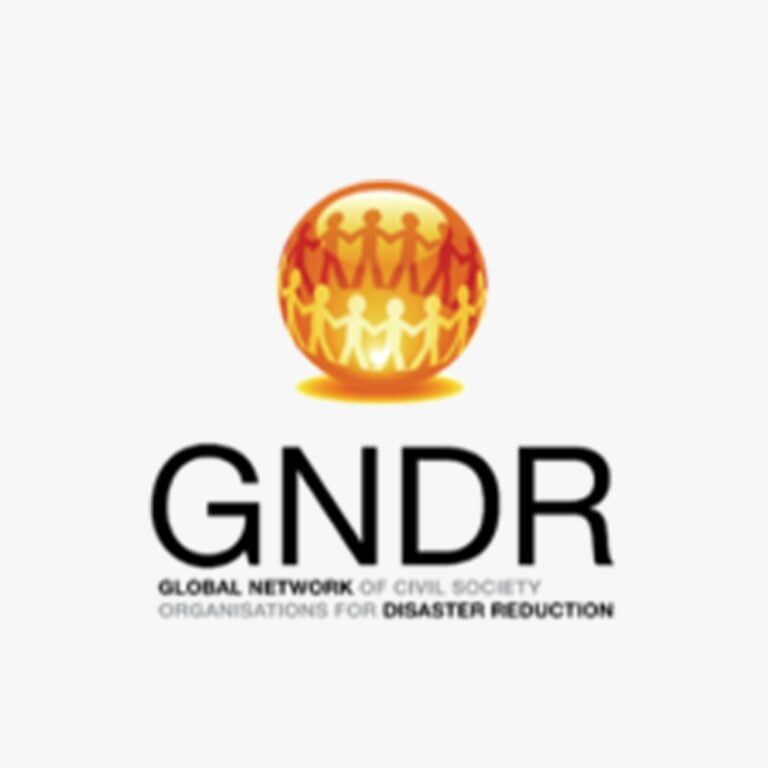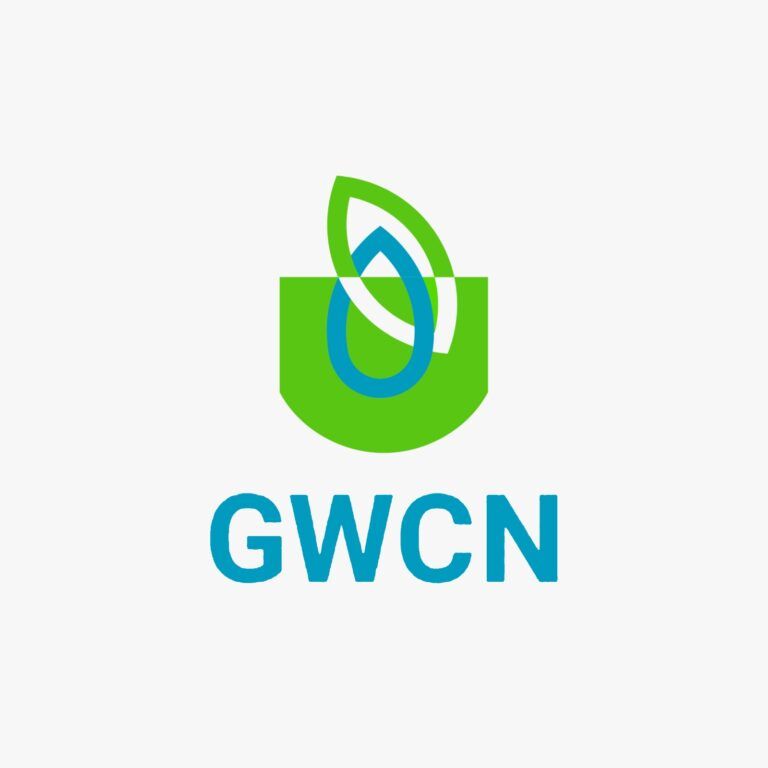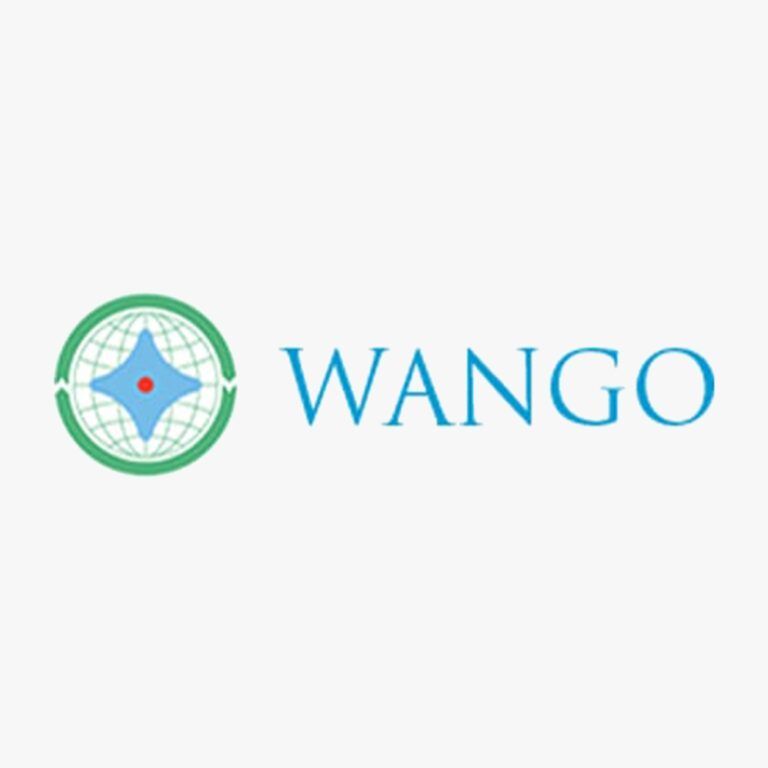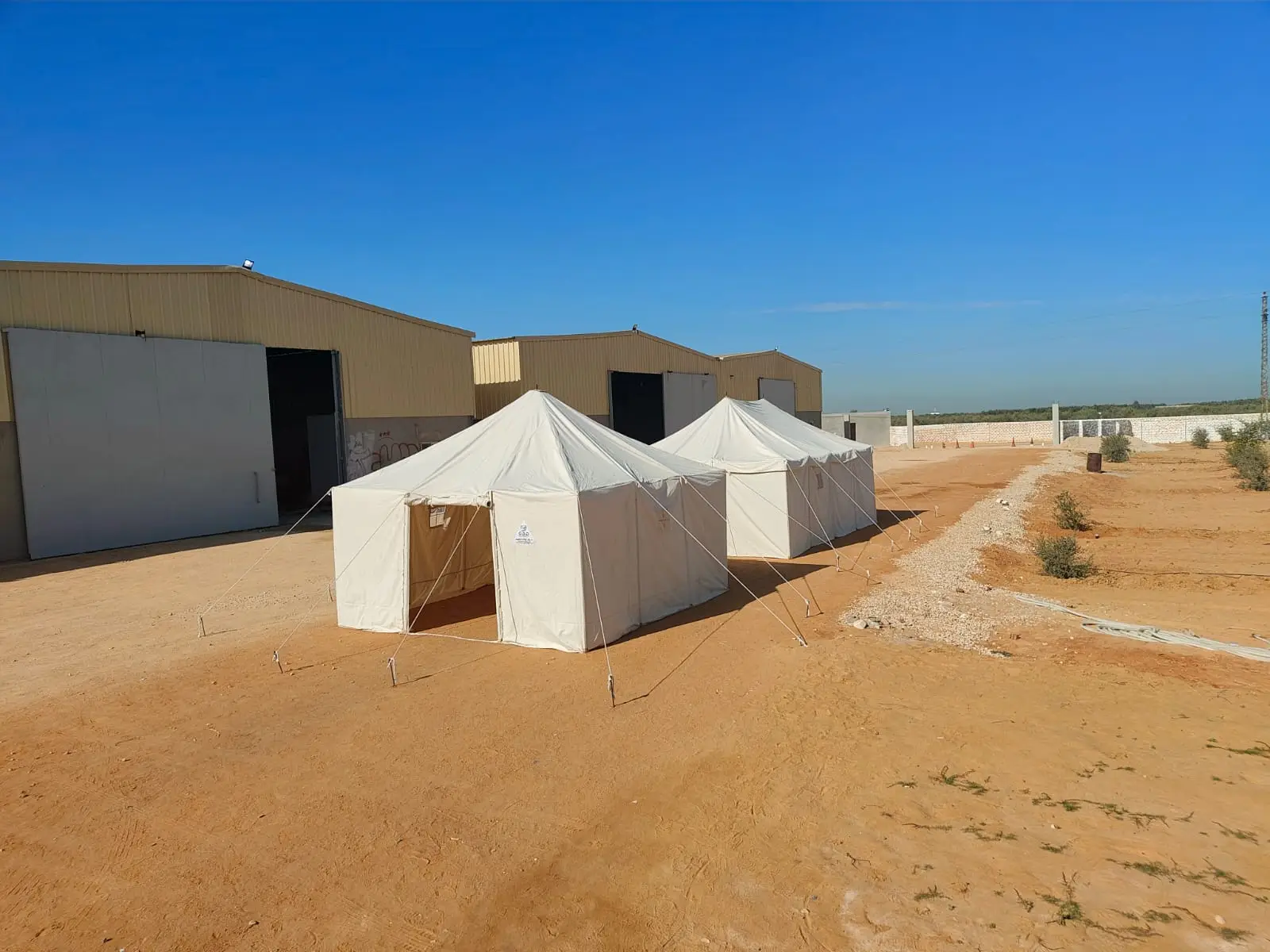
Gazze Destek Organization Prepares shelter tents in Egypt to send to displaced people in Gaza
Gazze Destek Organization Prepares shelter tents in Egypt to send to displaced people in Gaza
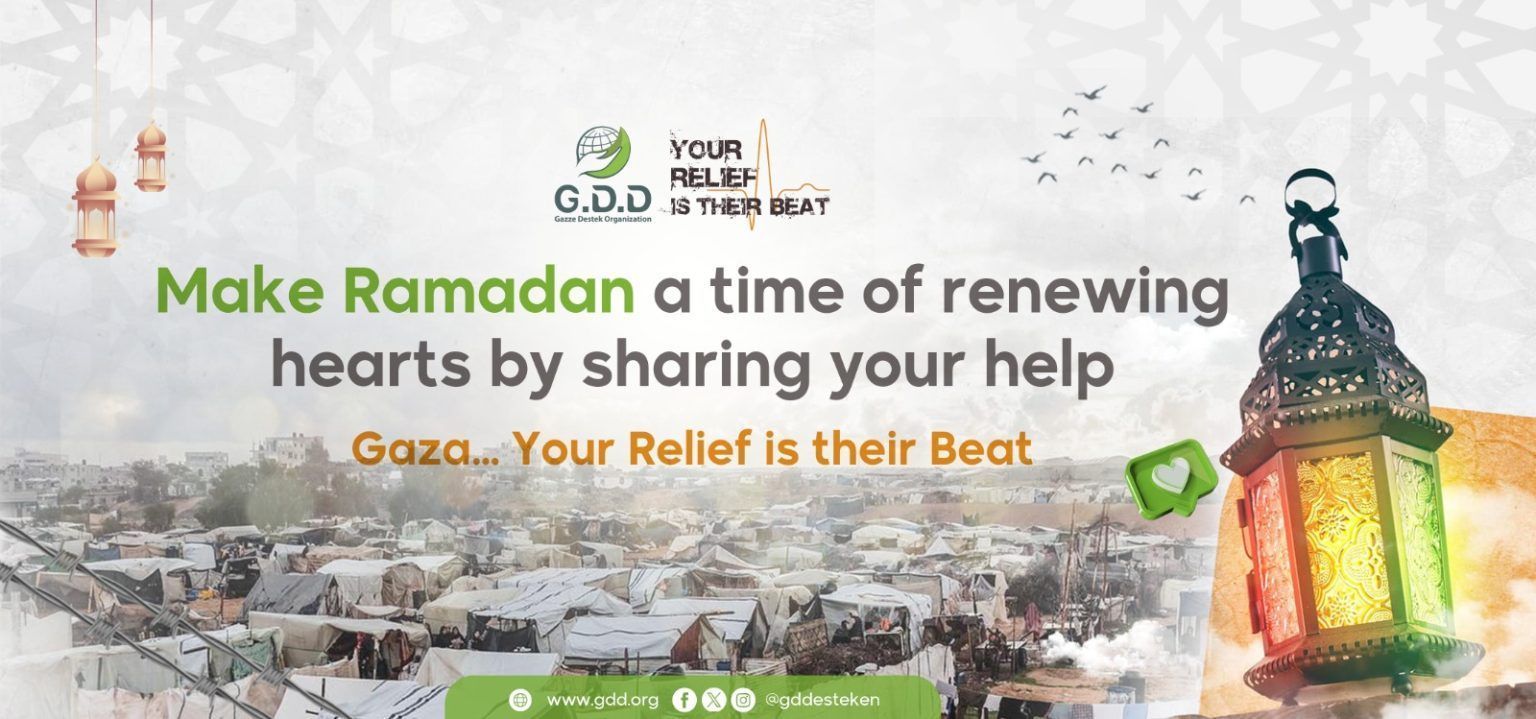
Implemented Project
Donor Organization
The Beneficiary Until Now
Major Donor
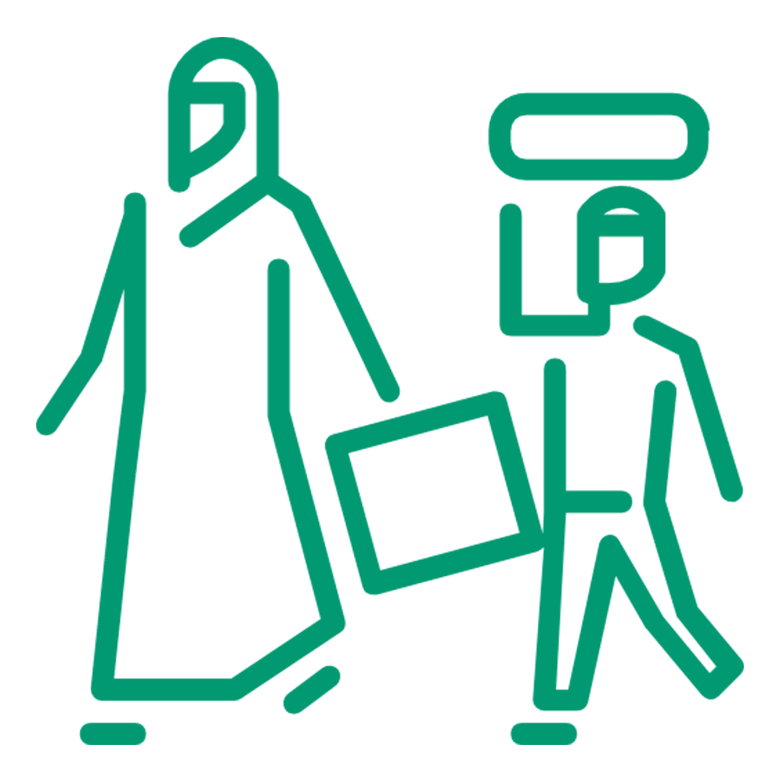
Refugees

Unemployment

Temporary Protection
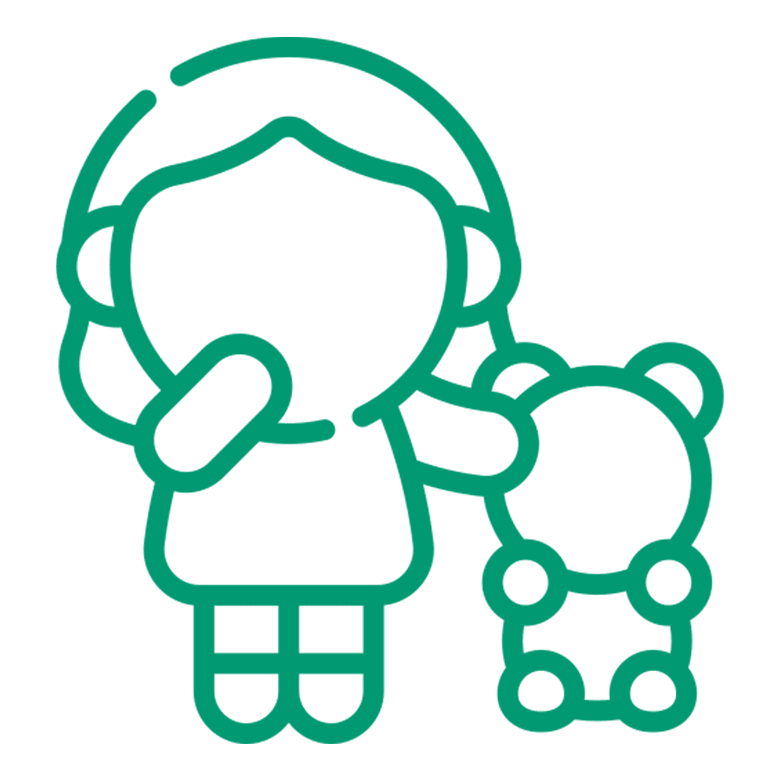
Children at Risk
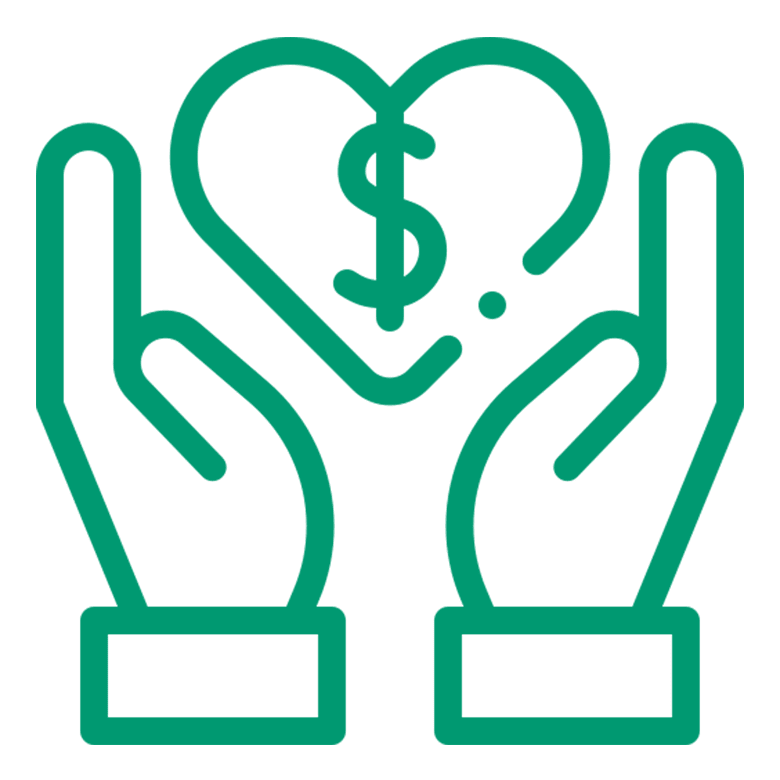
Who Need Help

Refugees
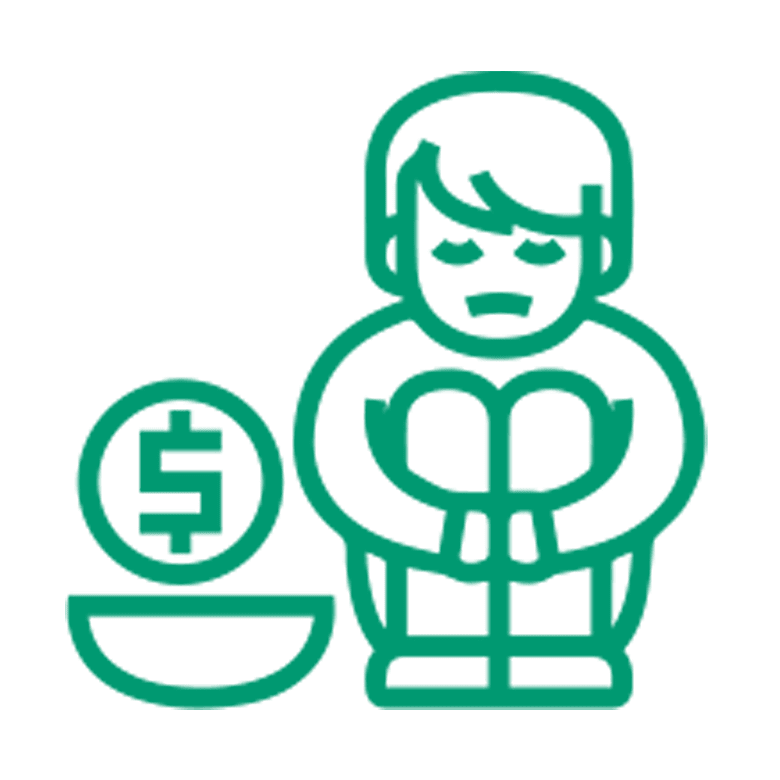
Poverty Rate

Unemployment

Education Services
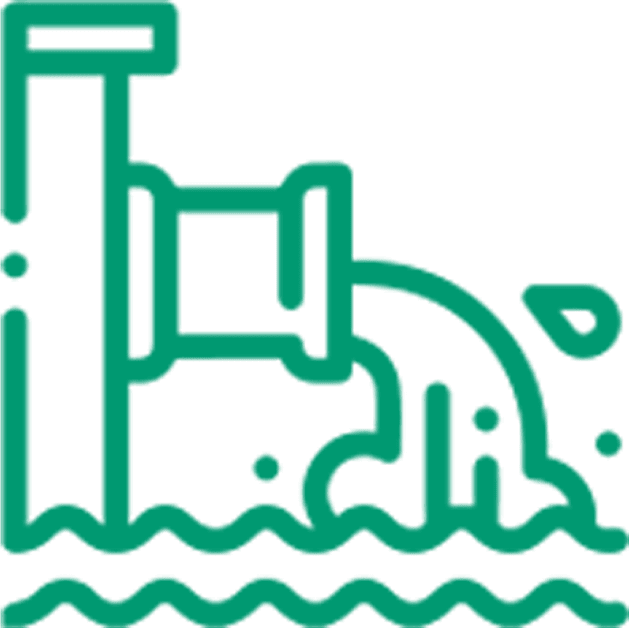
Water Deficit

Dependence on Aid

Refugees

Poverty Rate

Unemployment
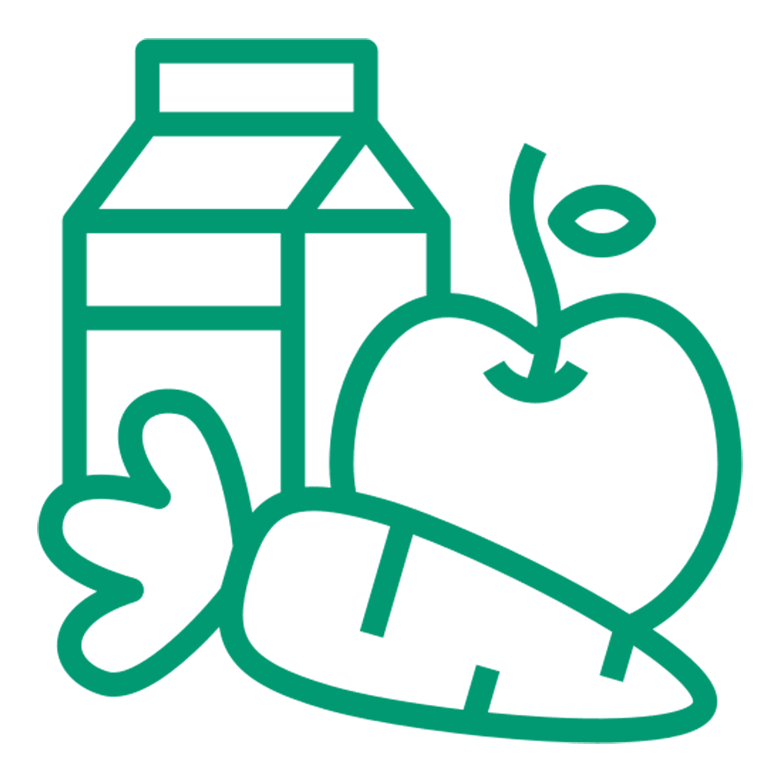
Spending on Food

Refugee children

Refugees

Poverty Rate

Unemployment
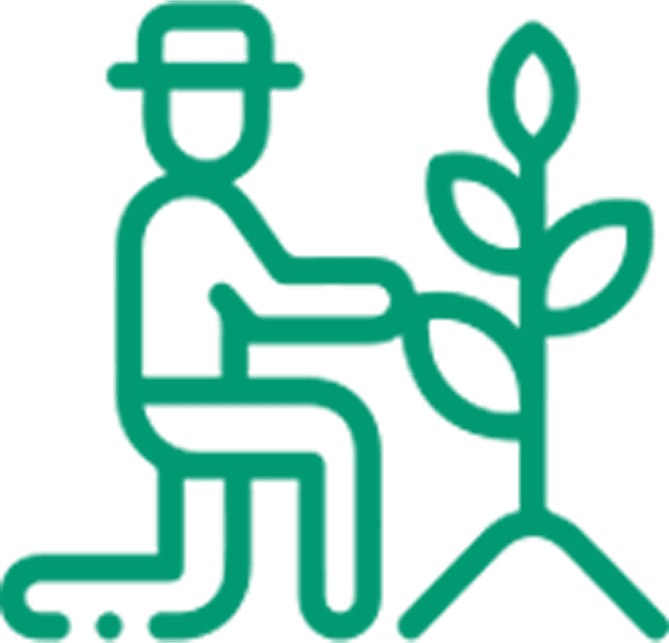
Food Insecurity
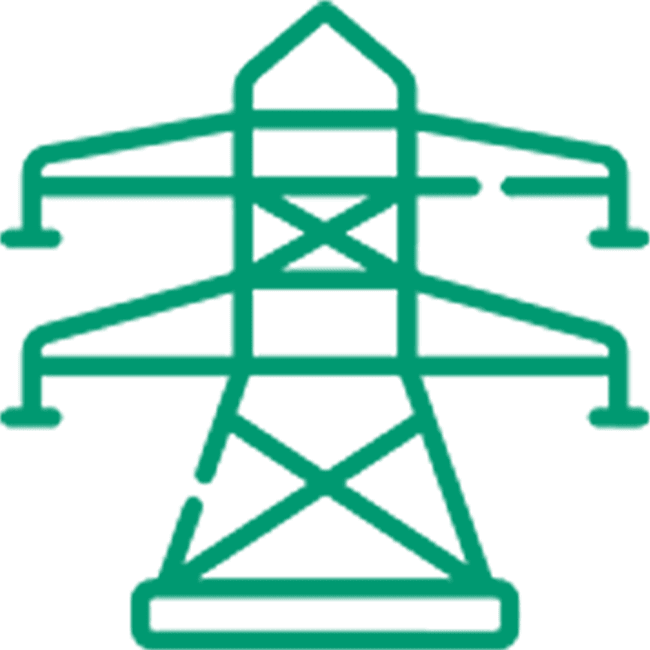
Power Cut

Dependence on Aid

Refugees

Poverty Rate

Unemployment

Food Insecurity

Outside camps

Refugees

Poverty Rate

Unemployment

Asylum camps

Dependence on Aid

Refugees

Poverty Rate

Unemployment

Dependence on Aid

Suffer From Hunger

Food Insecurity

Refugees

Poverty Rate

Unemployment

Dependence on Aid

Refugees in camps

Refugees

Poverty Rate

Unemployment

Food Insecurity

who need help

Affected by Dehydration

Refugees

Poverty Rate

Unemployment

Risk of starvation

who need help

Illiteracy rate

Refugees

Unemployment

Food Insecurity

who need help

Refugees

Poverty Rate

Children in need of protection

Who need help

Refugee children

Poverty Rate

Need of Urgent Assistance

Affected by disasters

Refugees

Poverty Rate

Unemployment

Gazze Destek Organization Prepares shelter tents in Egypt to send to displaced people in Gaza
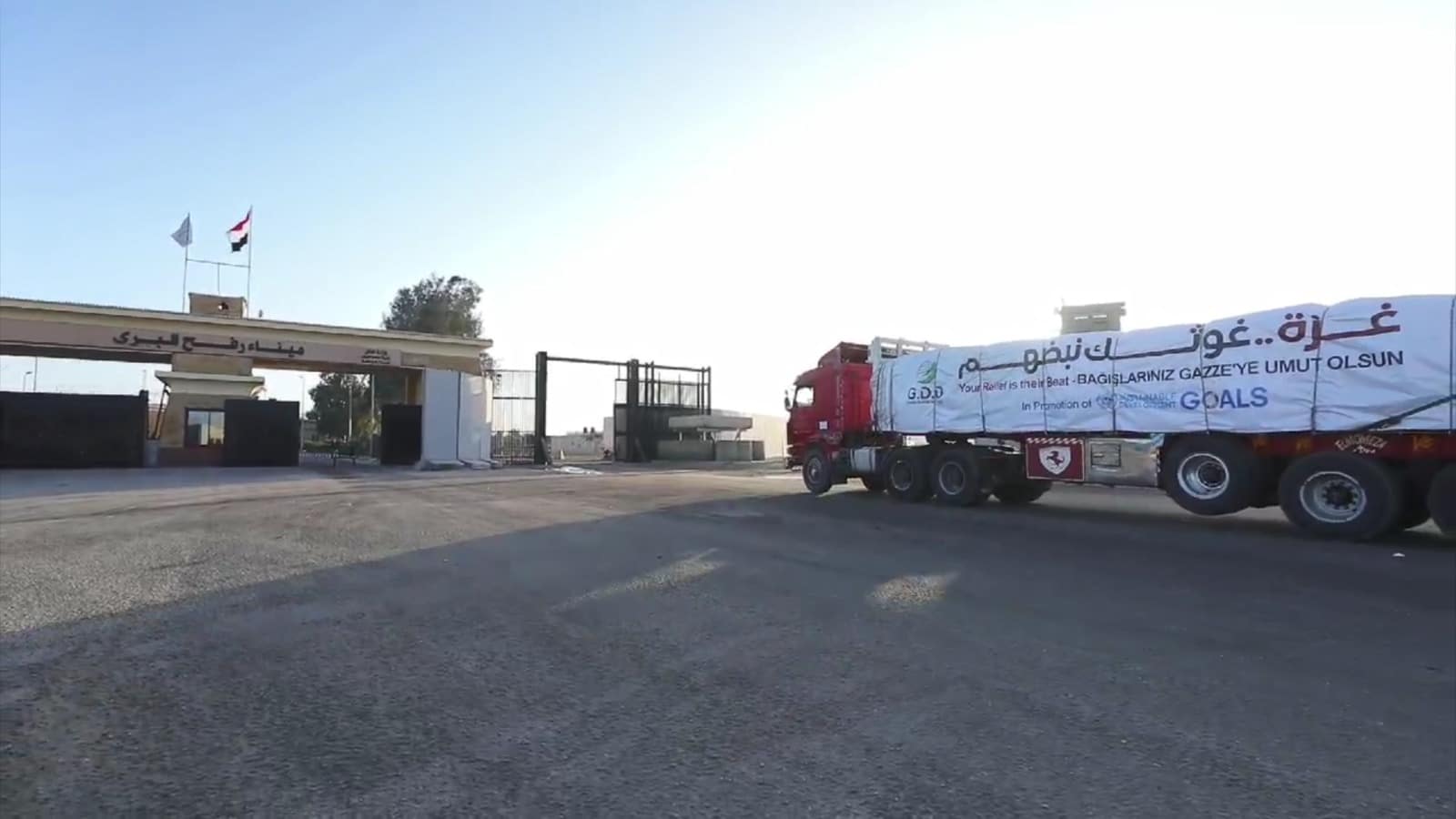
Gazze Destek continues to organize relief convoys from Egypt to the Gaza Strip By the
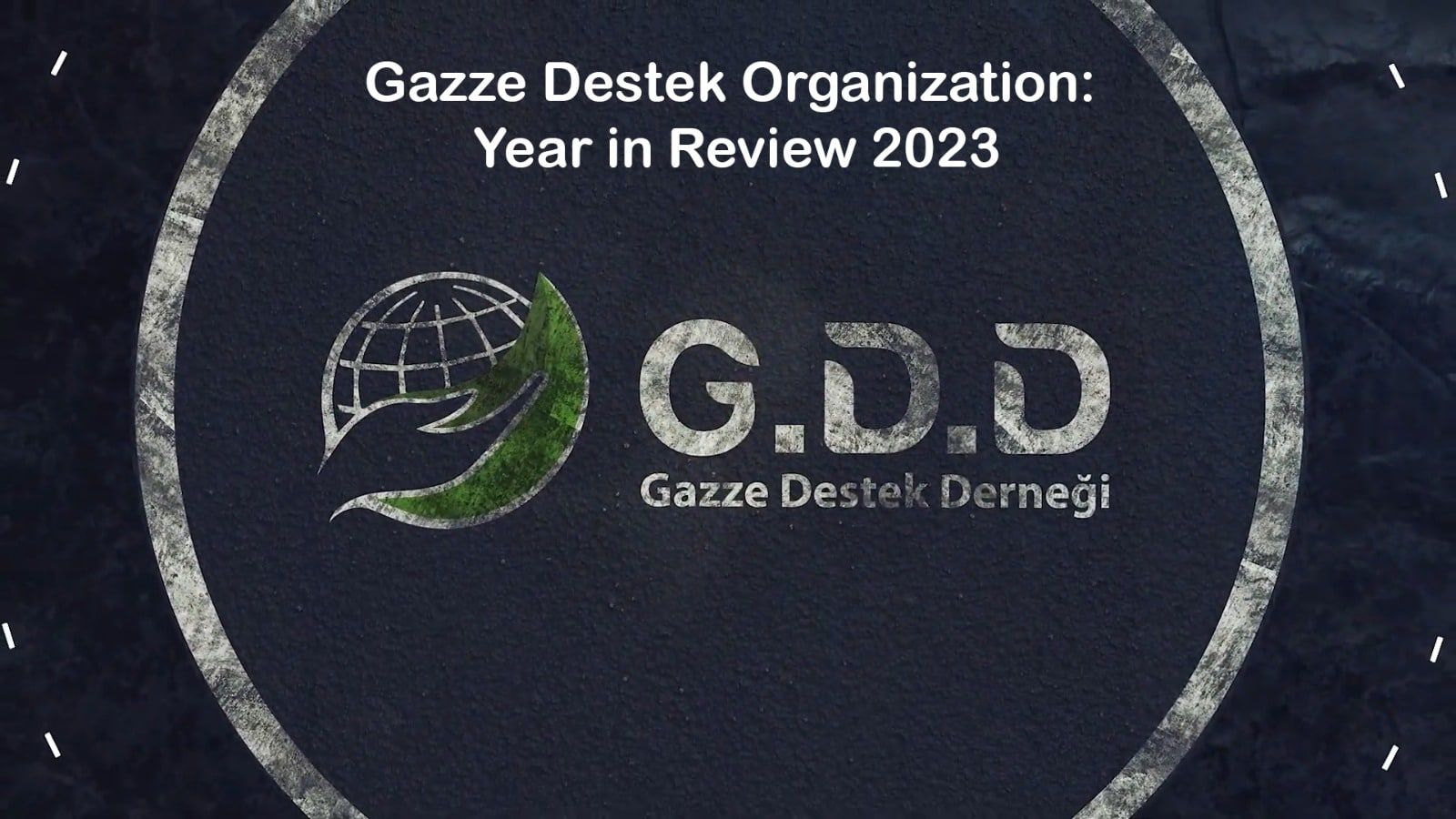
Gazze Destek Organization: Year in Review 2023 It has been a year full of voices
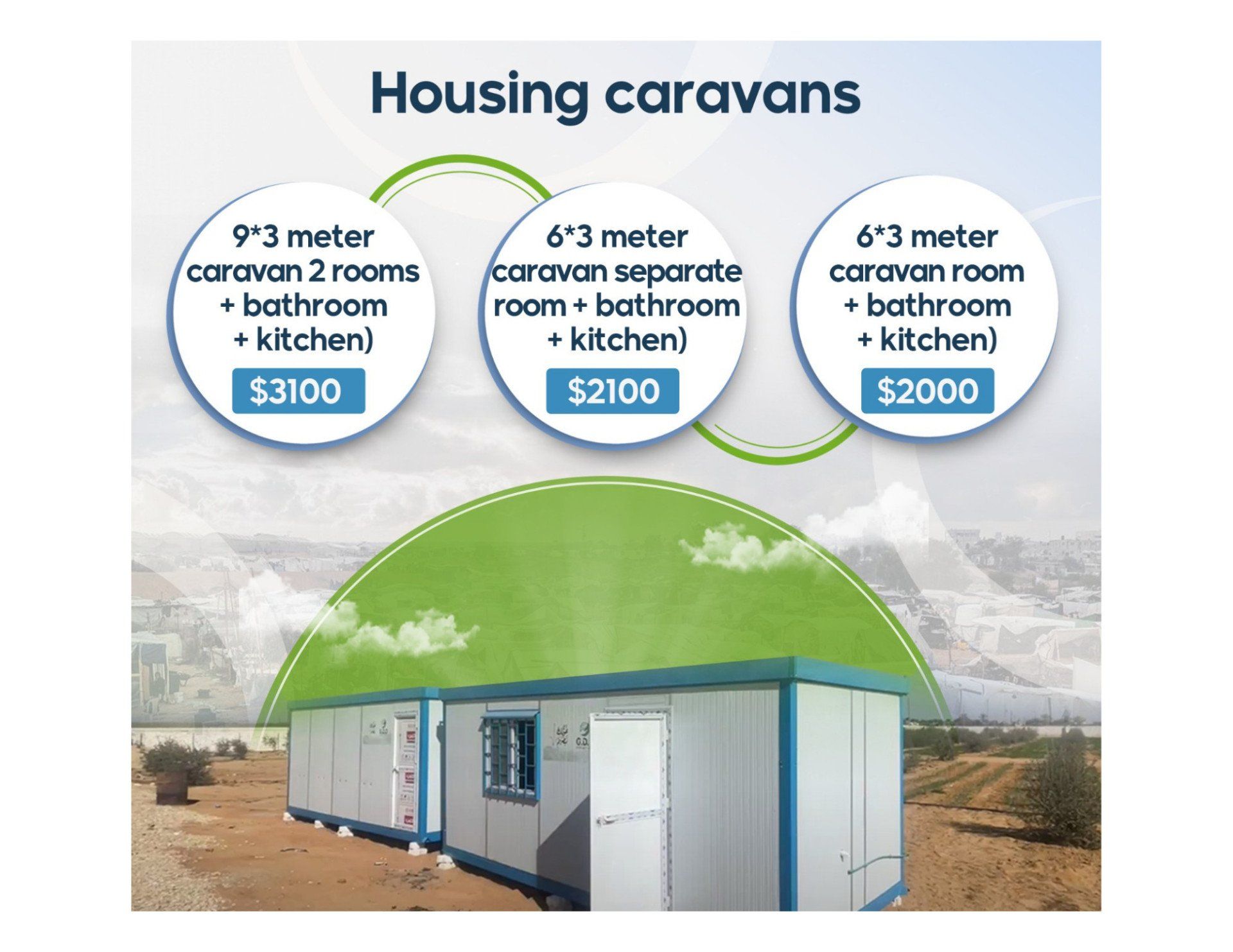
Project to Supply Temporary Housing Caravans from Egypt to the Gaza Strip Due to
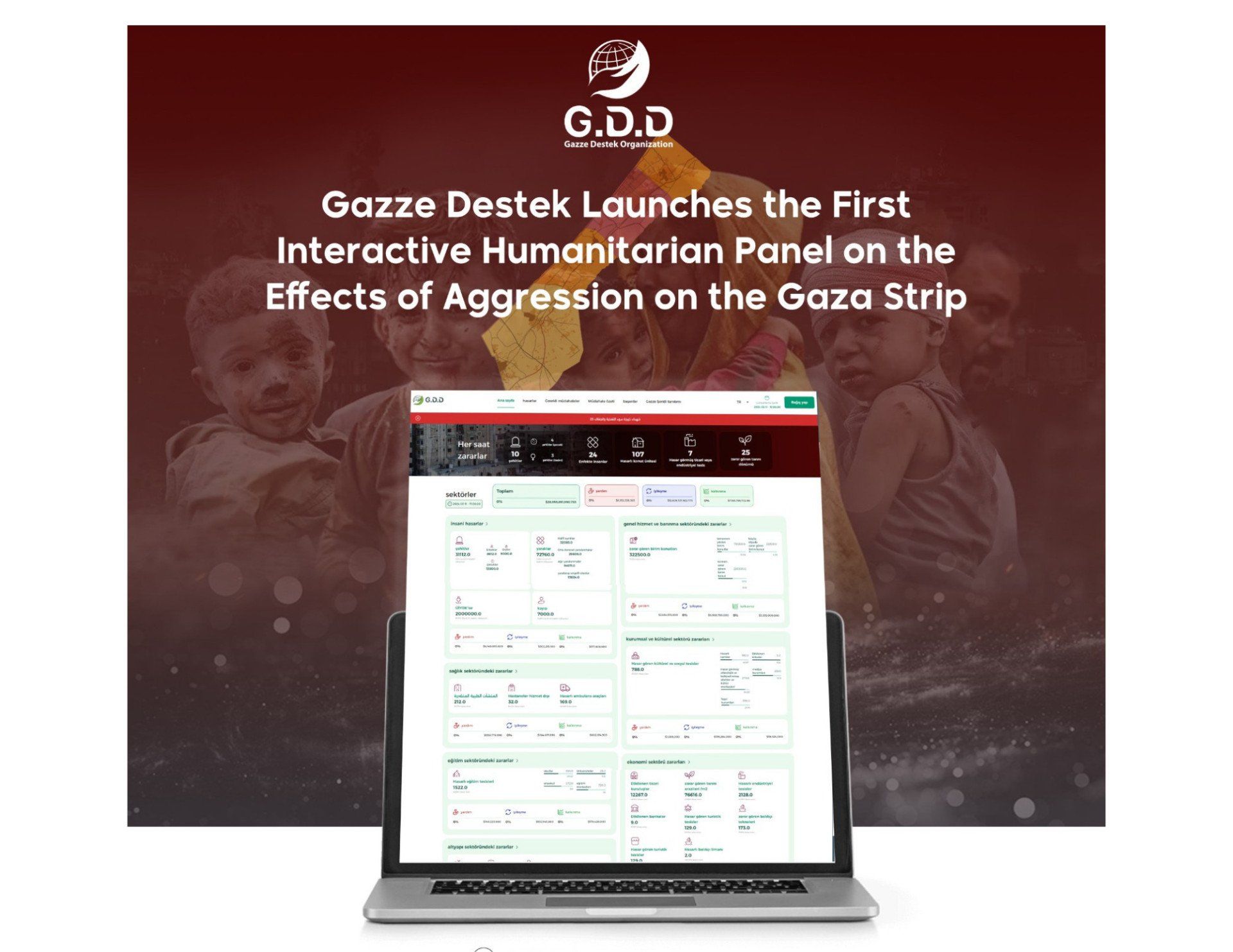
Gazze Destek Launches the First Interactive Humanitarian Panel on the Effects of Aggression on the
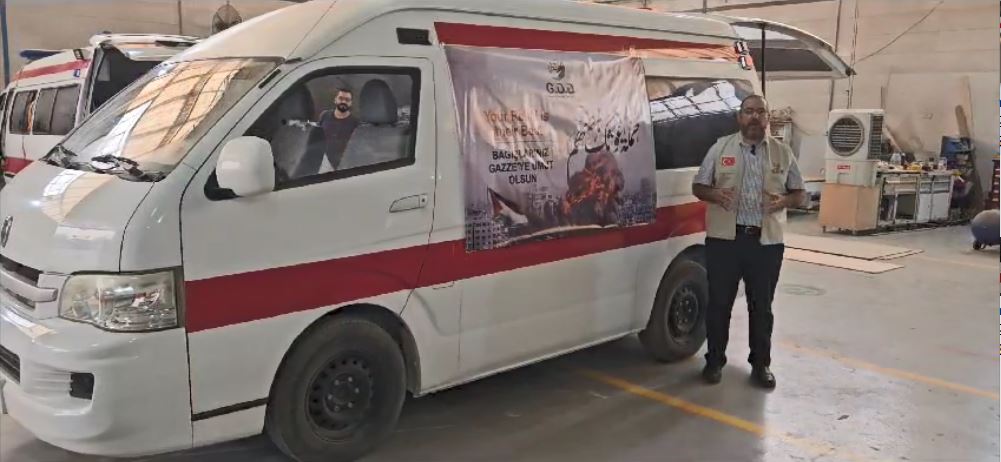
Given the urgent need for medications and ambulance vehicles in hospitals, the GDD team, through
Every donation you make, you will be instrumental in.
